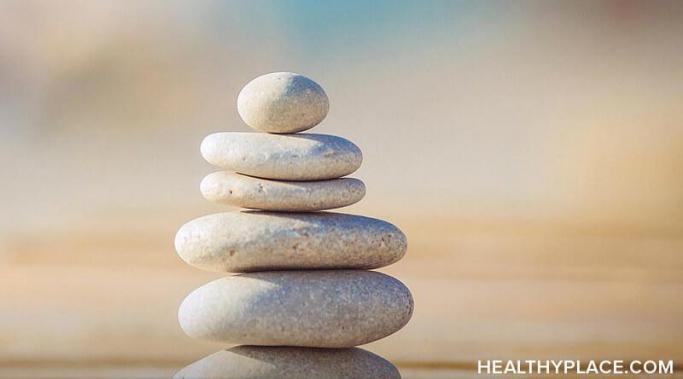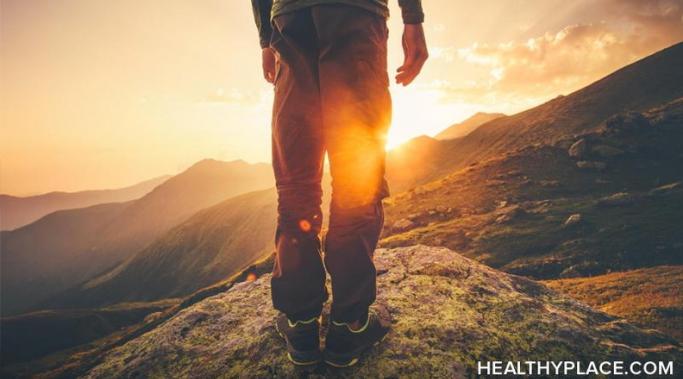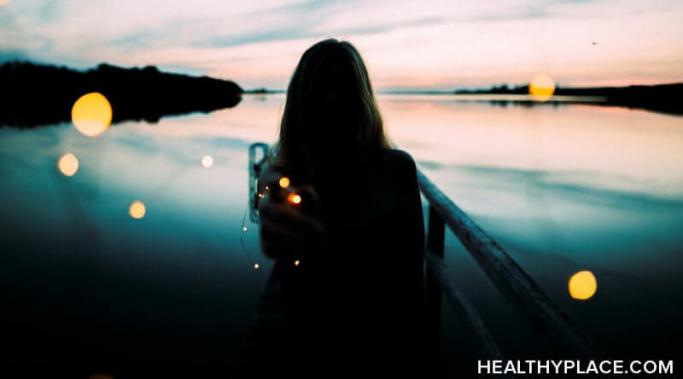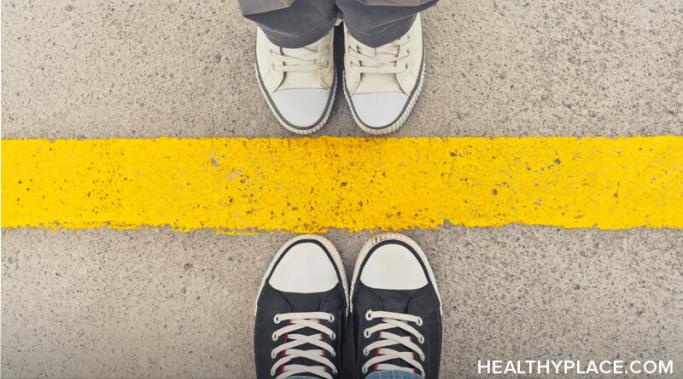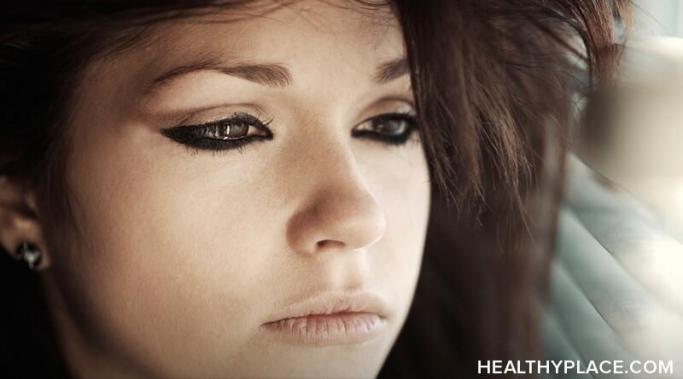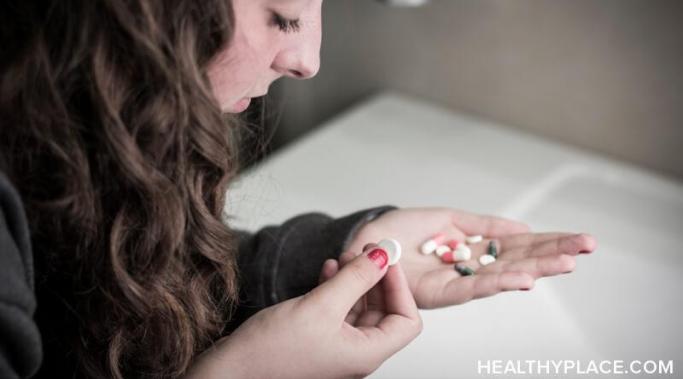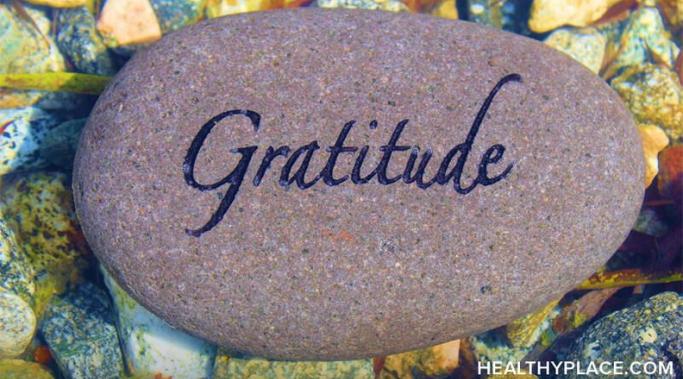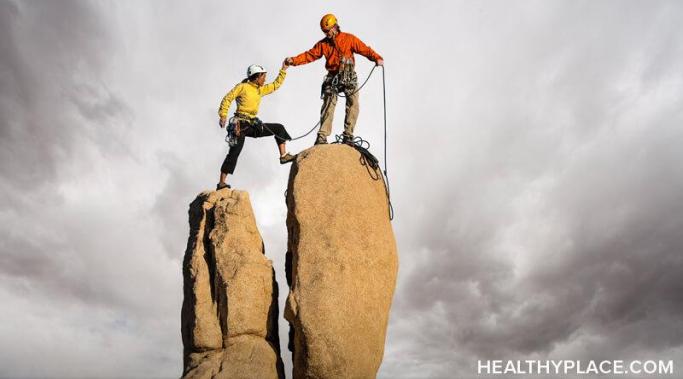Blogs
I hate pop psychology a lot. And I hate pop psychology a lot for a very good reason: it harms those with mental illness (among others). Pop psychology aims to answer the mind's and the brain's questions with simplistic, easily digestible answers. Unfortunately, the brain and mind don't actually work like that. The body and the psyche require more than what pop psychology has to offer. So, yes, I hate pop psychology.
I've changed my ways. Everyone's healing journey from verbal abuse is unique. Numerous tools and resources are available to use as viable methods for healing. What works for you may not be a helpful solution for others recovering from verbal abuse. One of these methods is changing your ways regarding relationships.
My recent surgery is negatively affecting my mental health. My last post was about having a schizoaffective episode right after the surgery. As if that wasn’t enough, I have had to go through and am going through a lot of other stress and anxiety, too. While my knee is healing well, the surgery's mental health impact is almost unbearable.
I've learned throughout my life, and in having coped with anxiety for many years, that many of the simplest pleasures in life can be the most helpful for my anxiety. Therefore, taking the time to appreciate simple pleasures is an instrumental part of my life and my ability to cope with anxiety.
Forming healthy relationships in early recovery from alcoholism is tricky. If you go the route of inpatient treatment or Alcoholics Anonymous (AA), you'll soon learn the phrase "people, places, and things." Much of that boils down to avoiding people from your active addiction to help you stay sober. So, how does someone new to recovery approach forming healthy relationships and avoid ones that may lead back to alcoholism and addiction?
I live as a transgender person, and I also have bipolar disorder. While being transgender is not a mental illness, these two things still have a lot in common. Over the years, I've reflected on what these two things share. Today, I'll discuss the commonalities between them and what it feels like to live both as a transgender person and as a person with bipolar disorder.
Who are you? They say you are not your job. Personally, I say one more thing: you are not your relationship. But if you are not your job or relationship, who are you?
When I started taking medication every day, I was worried that it would make me a drug addict. Some might find this fear weird, but it was definitely a real fear for me. My father was an addict, and I was terrified of turning into one, too. My psychiatrist at the time did nothing to disabuse me of that notion either (he probably never thought it would cross my mind). So, let's look at whether taking medication every day makes you a drug addict and how to deal with that fear.
I like to practice gratitude in recovery. This is because recovering from a mental illness is difficult and often comes with dark moments. In my own journey, there have been many times when I've felt discouraged and disengaged and ultimately have asked myself, "Is recovering worth it?" Well, yes, it is worth it, but it's nice to have reminders. I've taken my gratitude practices very seriously in the last few years, and they've become essential to my recovery.
Here's an inside look at the first line of my latest journal entry: "I am an eating disorder survivor. I am not an eating disorder savior." In other words, I have no power to rescue anyone else from a harmful relationship with food, exercise, or body image. No matter how desperately I want to be of help and service, I cannot force another person to embrace their healing journey. I can cheer them on toward recovery, but I will never be able to control their actions or decisions. Nor should I even attempt to hijack that responsibility in the first place. It doesn't belong to me. But if I already know that I am not an eating disorder savior, why do I still need a reminder? The short answer is that I always think I can manage this self-proclaimed role—until I can't.
